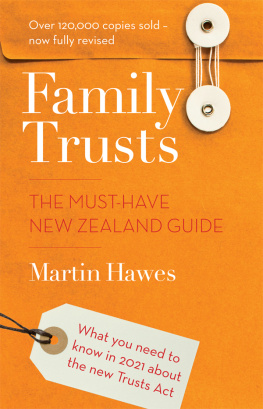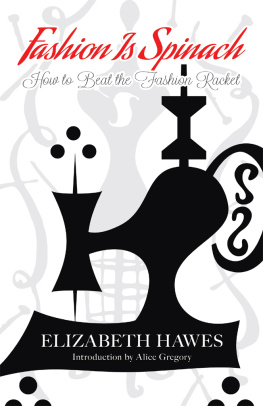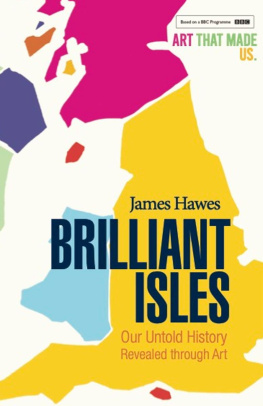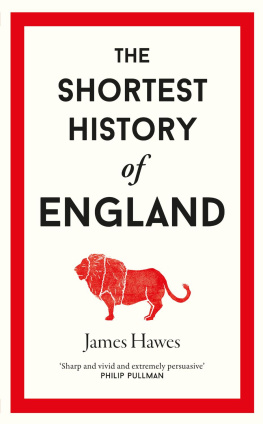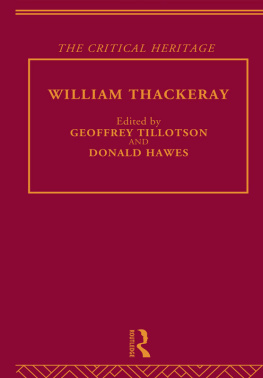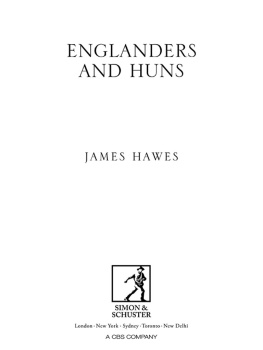Martin Hawes - Family Trusts: The Must-Have New Zealand Guide
Here you can read online Martin Hawes - Family Trusts: The Must-Have New Zealand Guide full text of the book (entire story) in english for free. Download pdf and epub, get meaning, cover and reviews about this ebook. year: 2020, publisher: Penguin Random House New Zealand, genre: Home and family. Description of the work, (preface) as well as reviews are available. Best literature library LitArk.com created for fans of good reading and offers a wide selection of genres:
Romance novel
Science fiction
Adventure
Detective
Science
History
Home and family
Prose
Art
Politics
Computer
Non-fiction
Religion
Business
Children
Humor
Choose a favorite category and find really read worthwhile books. Enjoy immersion in the world of imagination, feel the emotions of the characters or learn something new for yourself, make an fascinating discovery.
- Book:Family Trusts: The Must-Have New Zealand Guide
- Author:
- Publisher:Penguin Random House New Zealand
- Genre:
- Year:2020
- Rating:4 / 5
- Favourites:Add to favourites
- Your mark:
- 80
- 1
- 2
- 3
- 4
- 5
Family Trusts: The Must-Have New Zealand Guide: summary, description and annotation
We offer to read an annotation, description, summary or preface (depends on what the author of the book "Family Trusts: The Must-Have New Zealand Guide" wrote himself). If you haven't found the necessary information about the book — write in the comments, we will try to find it.
Martin Hawes: author's other books
Who wrote Family Trusts: The Must-Have New Zealand Guide? Find out the surname, the name of the author of the book and a list of all author's works by series.
Family Trusts: The Must-Have New Zealand Guide — read online for free the complete book (whole text) full work
Below is the text of the book, divided by pages. System saving the place of the last page read, allows you to conveniently read the book "Family Trusts: The Must-Have New Zealand Guide" online for free, without having to search again every time where you left off. Put a bookmark, and you can go to the page where you finished reading at any time.
Font size:
Interval:
Bookmark:


In my experience, 75 per cent of family trusts in New Zealand are so badly arranged or managed that they could easily be attacked and overturned in court Managing a trust badly is like insuring the contents of your house but then going out for the day and leaving all the doors and windows wide open, says Martin Hawes.
Dont let your family trust be one of those.
New legislation in effect from early 2021 means that in many cases, decisions will need to be made about whether to keep or wind up existing trusts. In this straightforward book, Martin Hawes explains the pros and cons of keeping a trust, and the regulations that must now be followed to keep it effective.
Whether you are self-employed, a business owner, a wage- or salary-earner or retired, this book is the essential guide to managing a resilient family trust.
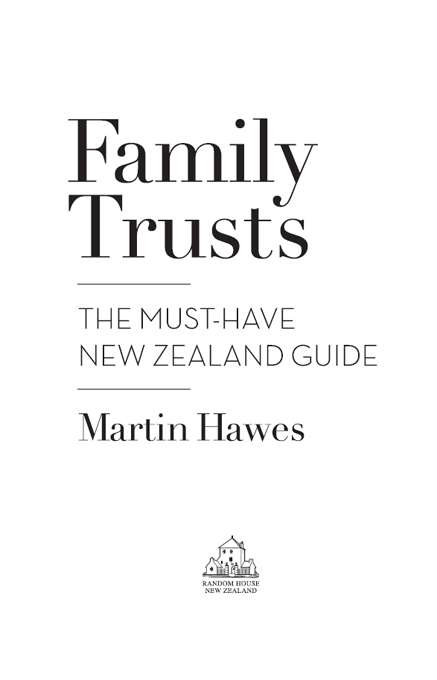
This book is dedicated to my three ultimate beneficiaries: Golda, Greta and Hannah.
My sincere thanks to Stephen Brent of RVG Law for his help and advice with this book.


The first edition of this book was published over 25 years ago, and since its first publication in March 1995 the book has sold around 130,000 copies. This edition has been prompted by the enactment of the Trusts Act 2019 and a general decline in the benefit of family trusts. This Act, which will have a great impact on trusts in New Zealand, comes into effect on 30 January 2021.
A key theme of this book has always been a costbenefit analysis of trusts. In every edition of the book I have tried to weigh up the advantages that might accrue from settling a trust against the disadvantages of doing so. When the book was first published in 1995 this was quite easy for a great number of people the advantages of settling a trust greatly outweighed the disadvantages. Back in the 1990s there were many financial and family matters that could be greatly assisted by settling a family trust: superannuation surcharge, income tax, asset protection for residential care subsidies, death duties, and more latterly things like relationship property.
This led to New Zealand becoming the most over-trusted country in the world. We have more family trusts in New Zealand per head of population than any other country. (By some counts there are 450,000 trusts in New Zealand, but there is no way of knowing whether this figure is accurate.)
Today many of the benefits of family trusts are either gone (with the superannuation surcharge and death duties having been abolished), or legislation has been enacted meaning that a trust is no longer effective in reducing the impact of certain matters (income tax changes). Moreover, case law seems to have been moving steadily against trusts, with the veil of a trust having been looked through in many court cases.
The scales of whether or not to have a trust have tipped. When you look at a costbenefit analysis, it is no longer an easy matter to decide to settle (or continue) a trust, as the benefits are now smaller and the costs greater.
Perhaps the cost that has risen most is that of trust management. In previous editions of this book I have criticised the management of trusts in New Zealand, estimating that as many as 75 per cent of the trusts in New Zealand were so badly managed that they would not withstand scrutiny in a court. While I calculated this figure from only a relatively small number of trusts with which I had been close in my role as a financial adviser, many professionals in the field (lawyers and accountants) agreed with my rough assessment. In effect, many of the hundreds of thousands of trusts that are in New Zealand have been managed as if the assets in them were still the belongings of the people who had settled the trust. The role of becoming a trustee was not taken particularly seriously, and in many cases there could be no certainty that a proper trust even existed. The effect of this has been that many trusts are sham trusts and could be overturned in court (and indeed many have been).
In the past, trusts have been extremely useful for people, and some trusts will continue to be so. Trusts have been used in such matters as succession planning, tax minimisation, getting around unpopular imposts, and for settling relationship property issues. However, successive governments have recognised that there has been revenue leakage from trusts, and there have been plenty of cases of people being treated unfairly because of a trust (particularly in the relationship property area). Legislative and case law have evolved accordingly. Changes to many of the things which concern trusts mean that it is now hard to imagine new taxes or other imposts that do not include some kind of anti-trust provision.
When the new Trusts Act comes into effect, it will place additional risk and costs on trusts, and so, because of the likely great impact of this, I have included a new chapter in this edition on the Act.
In many respects the Trusts Act does not make very much new law. In effect the Trusts Act instead reflects what should have been happening all along, especially in terms of the role and duties of trustees and how a trust should be managed. In fact, if New Zealand trusts had been managed as they should have been, there would not be a lot of the fuss which the Trusts Act is creating. Had people taken the position of trustee seriously and managed trusts as they should have, the Trusts Act would hardly have been necessary.
However, now, with the advent of the Trusts Act, along with changes to the rules surrounding residential care subsidies and income tax, it is a very good time to reconsider any trust you have settled. In fact, I believe that in the coming months there will be many professionals (lawyers, accountants and trust companies) sitting down with their clients to decide whether it is useful to continue the trust.
I think this is an extremely important conversation to have, and it is one that we should already have been having on a regular basis. This conversation will effectively mean undertaking a costbenefit analysis: considering the likely future benefits of a trust against the weight of the costs that ownership of assets within a trust comes with. These costs cover not just financial cost, but also the cost of time that you will have to put in. Moreover, the Trusts Act has a requirement for disclosures to beneficiaries; that is, trustees have an obligation to give beneficiaries information about their trust. This disclosure in itself may well be very unattractive to people who have settled trusts, and it could also mean more disputes within families leading to more breach-of-trust litigation.
So while it has taken the Trusts Act to provoke a conversation on a wide scale, I think such conversations are nevertheless very useful. Moreover, I confidently predict many trusts will be wound up in the coming months and years as the implications of the changes to trusts and the full provisions of the Trusts Act are comprehended.
Font size:
Interval:
Bookmark:
Similar books «Family Trusts: The Must-Have New Zealand Guide»
Look at similar books to Family Trusts: The Must-Have New Zealand Guide. We have selected literature similar in name and meaning in the hope of providing readers with more options to find new, interesting, not yet read works.
Discussion, reviews of the book Family Trusts: The Must-Have New Zealand Guide and just readers' own opinions. Leave your comments, write what you think about the work, its meaning or the main characters. Specify what exactly you liked and what you didn't like, and why you think so.

